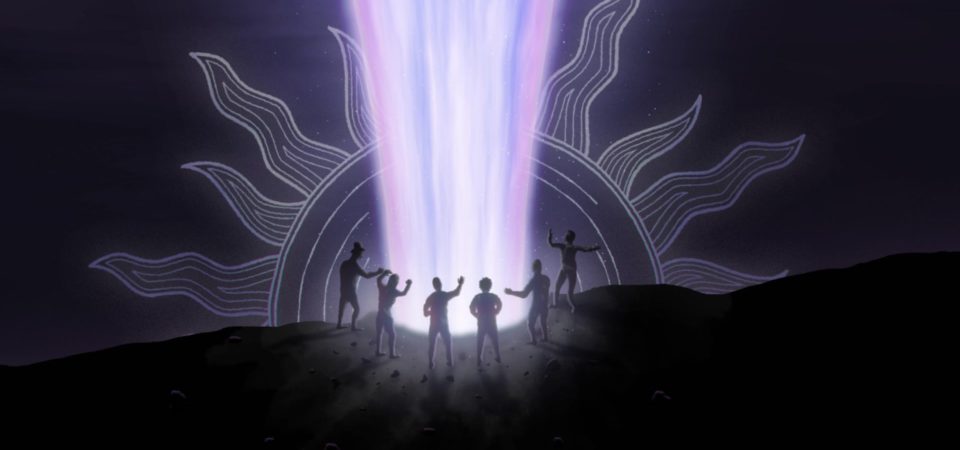Item Link: Access the Resource
Date of Publication: January 3
Year of Publication: 2024
Publisher: The Great Simplification
Author(s): Nate Hagens
In this episode, Nate is joined by Peter Brannen, science journalist and author specializing in Earth’s prior mass extinctions, to unpack our planet’s geologic history and what it can tell us about our current climate situation. Humans have become very good at uncovering the history of our planetary home – revealing distinct periods during billions of years of deep time that have disturbing similarities to our own present time. How is the carbon cycle the foundation of our biosphere – and how have changes to it in the past impacted life’s ability to thrive? On the scales of geologic time, how do humans compare to the other species who have inhabited this planet – 99% of which have gone extinct – and will we end up being just a blip in the fossil record? How can an understanding of geologic and climate science prepare us for the environmental challenges we’ll face in the coming decades?
About Peter Brannen
Peter Brannen is an award-winning science journalist and contributing writer at The Atlantic. His work has also appeared in The New York Times, The Washington Post, Wired, Aeon, The Boston Globe, Slate, and The Guardian among other publications. His 2017 book, The Ends of the World covers the five major mass extinctions in Earth’s history. Peter is currently a visiting scholar at the Kluge Center at the Library of Congress and an affiliate at the Institute of Arctic and Alpine Research at the University of Colorado-Boulder. He was formerly a 2018 Scripps Fellow at CU-Boulder, a 2015 journalist-in-residence at the National Evolutionary Synthesis Center at Duke University, and a 2011 Ocean Science Journalism Fellow at the Woods Hole Oceanographic Institution in Woods Hole, MA.
The views and opinions expressed through the MAHB Website are those of the contributing authors and do not necessarily reflect an official position of the MAHB. The MAHB aims to share a range of perspectives and welcomes the discussions that they prompt.
